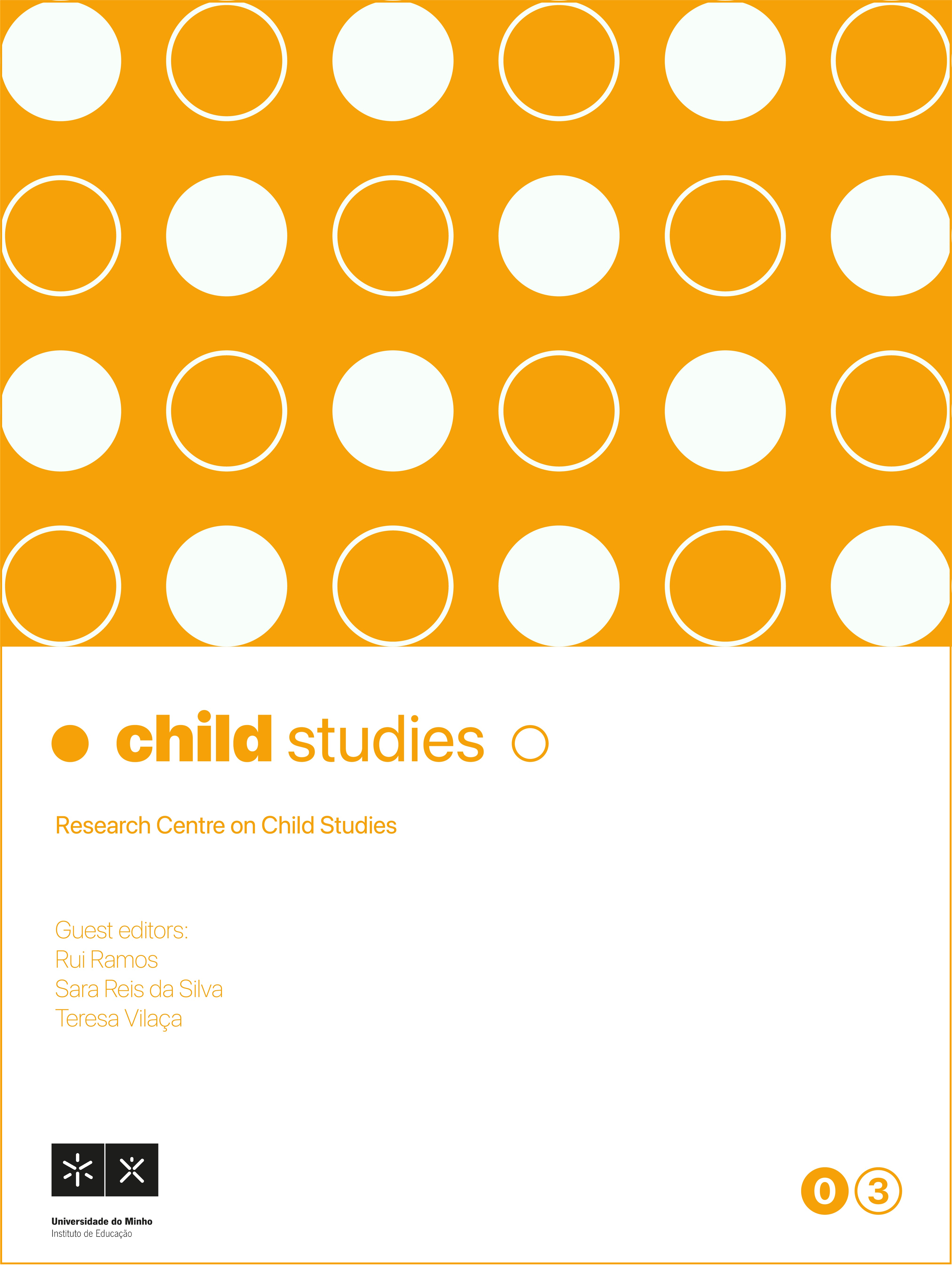Efficacy of a metacognitive intervention programme on reading comprehension in third grade students
DOI:
https://doi.org/10.21814/childstudies.5267Keywords:
Inhibition, reading comprehension, metacognitive processes, planning facilitation, quasi-experimental studyAbstract
This study examined the efficacy of a metacognitive intervention programme in a classroom group of 33 third-grade students. Two groups were formed: the intervention group with students in the classroom who showed reading delay and cognitive attention processes (n=8) and the comparison group (n=25). In the intervention group, a planning facilitation programme was implemented that aimed to improve inhibition processes and, correspondingly, overall reading comprehension indices. The Das-Naglieri: Cognitive Assessment System (D.N: CAS; Naglieri & Das, 1997) was used to measure attention processes. For reading processes, the Catalan et al. (2010) Reading Comprehension Assessment (ACL) test was used. The measurements were taken at pre-test, post-test, and follow-up. The results showed that the intervention group equalled the comparison group in reading comprehension and significantly improved in inhibition processes in the post and follow-up measures. It is concluded that the programme has had an impact on improving inhibition processes when facing reading activities.
References
Baddeley, A. (2003). Working memory: looking back and looking forward. Nature reviews neuroscience , 4 (10), 829-839. https://doi.org/10.1038/nrn120.
Barnes, M. A., Faulkner, H., Wilkinson, M., & Dennis, M. (2004). Meaning construction and integration in children with hydrocephalus. Brain and language, 89(1), 47-56. https://doi.org/10.1016/S0093-934X(03)00295-5
Bizama-Muñoz, M., Gatica-Ferrero, S., Aqueveque, C., Arancibia-Gutiérrez, B., & Sáez-Carrillo, K. (2020). Comprensión de lectura de textos informativos de carácter científico en escolares. Ocnos. Revista De Estudios Sobre Lectura, 19(1), 68-79. https://doi.org/10.18239/ocnos_2020.19.1.2156
Butterfuss, R., Kendeou, P. (2018). El papel de las funciones ejecutivas en la comprensión lectora. Educ Psychol Rev 30 , 801–826. https://doi.org/10.1007/s10648-017-9422-6
Cain, K. (2006). Children's reading comprehension: The role of working memory in normal and impaired development. In Working memory and education 61-91. https://doi.org/10.1016/B978-012554465-8/50005-3
Cain, K., Oakhill, J. y Bryant, P. (2004). Children's reading comprehension ability: Concurrent prediction by working memory, verbal ability, and component skills. Journal of educational psychology, 96, 31-42. https://doi.org/10.1037/0022-0663.96.1.31
Cain, K., & Oakhill, J. V. (1999). Inference making ability and its relation to comprehension failure in young children. Reading and writing, 11, 489-503.
Catalá, G., Català, M., Molina, E., Monclús, R. (2010). Evaluación de la comprensión lectora. Graó. Barcelona.
Diamond, A. (2013). Executive Functions. Annual Review of Psychology, 64, 135-168. https://doi.org/10.1146/annurev-psych-113011-143750.
Friedman, N. P., & Miyake, A. (2004). The relations among inhibition and interference control functions: a latent-variable analysis. Journal of experimental psychology: General, 133(1), 101.
Georgiou, G. K., & Das, J. P. (2016). What component of executive functions contributes to normal and impaired reading comprehension in young adults?. Research in developmental disabilities, 49, 118-128. https://doi.org/10.1016/j.ridd.2015.12.001
Gernsbacher, M. A., & Faust, M. (1991). The role of suppression in sentence comprehension. Advances in psychology, 77, 97-128.
Haddad, F. A., Garcia, Y. E., Naglieri, J. A., Grimditch, M., McAndrews, A., & Eubanks, J. (2003). Planning facilitation and reading comprehension: Instructional relevance of the PASS theory. Journal of Psychoeducational Assessment, 21(3), 282-289. https://doi.org/10.1177/073428290302100304.
Hasher, L., & Zacks, R. T. (1988). Working memory, comprehension, and aging: A review and a new view. Psychology of learning and motivation, 22, 193-225.
Downloads
Published
How to Cite
Issue
Section
License
Copyright (c) 2024 Martina Ares Ferreirós, Mónica Rodriguez Enríquez, Juan Luis Rodríguez Rodríguez, Yariel Hernandez Rosell

This work is licensed under a Creative Commons Attribution-NonCommercial 4.0 International License.



